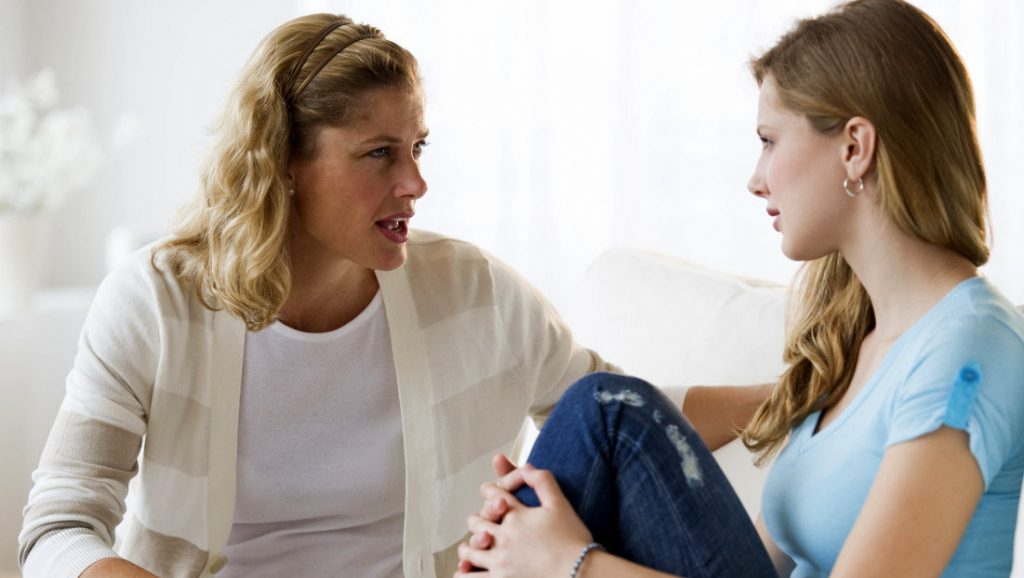Technology is changing so abruptly these days that it’s highly difficult for parents to stay up-to-date with the latest technological trends. And therefore, parents are oblivious about which rules would work fine and which ones won’t.
A child’s digital education starts even before they get their first electronic device, because many parents allow their young toddlers to play with an iPad or tablet, not thinking that their babies are exposed to stuff that they shouldn’t be seeing otherwise. Because of this early access to technology, kids never learn how to use it appropriately. While our kids are young, they can have unsolicited exposure to content that could be too inappropriate for their age.
Because I have seen this happen too often around me, including my own home, kids are getting unnecessary access to digital devices at an early age, and it’s important that parents turn more conscious of how their decisions can impact everyone in their home, especially the kids.
So today, we will discuss how you can manage your relationship with your kids in this digital age.
Set boundaries early
Technology is aggrandizing so quickly that it has left behind many of us. Keeping up with the latest digital trends is imperative for the parents for establishing boundaries on their kids use of electronic devices. So if it’s done at an early age, it becomes a little too easy to manage as time moves on. By the time your kids will have their own personal devices, you would be able to easily monitor their smartphone activity—be it limiting the screen time or monitoring the internet browsing.
And while we have let too many assumptions to surround us, it’s important that we know the facts. In a study conducted by the University of Washington, researchers were able to identify what parents and kids wanted from each other when it came to the use of technology. The eye-opening finding of the study was that both parents and the kids said that they wanted more time from each other—both wanted to be more present around each other. As adults, it’s our responsibility that we lead by example. Because if you are constantly checking your emails in front of our kids, but telling them not to do the same, they will first accuse of hypocrisy and double standards, and then move onto do something else.
What’s the most fascinating part of the aforementioned study is that kids want exactly the same what we want for them—to be present around them, to practise what we want them to do, and so on. Kids also don’t like their parents posting their photos online, or oversharing information.
How can you teach your kids to connect in person?
One of the worst facets of the social media is that it’s watering down the communication skills of our kids through texting and short form conversations. I remember how my child once gave her exam in shorthand writing which totally screwed it up. We are losing interconnectedness, and while social media could help with that, it’s not really a substitute for verbal communication.
The problem is that teens are over-reliant on social media whenever it comes to expressing themselves with images, icons and other metaphorical clues. Our kids need to find a balance, or they will never built real-life communication skills. It’s the responsibility of the parents to limit the online activity of their kids. There are so many parents who complain to us about their kids’ gaming obsession that goes on for hours on a daily basis. It’s not only unhealthy, but also leaves lesser time for face-to-face interaction. It’s our responsibility to educate, model and put boundaries in place.
The emphasis that’s placed on the behavior of the parents is legit. It’s entirely our responsibility. Our children are still undergoing physical and mental development, and if we aren’t doing anything about their online perverse habits, it’s just going to get worse by the time they will be adults.
Your kids are stressed because of social media
Lack of socialising in-person could lead to overstressed teens. Kids don’t communicate with their friends at school a lot, because of the smartphones and tablets around them. So the 5-minutes break between classes, or the 40-minute lunch break is usually spent on sharing their stuff on social media.
There is another problem with how we are upbringing our kids. We expect them to do much, and sometimes, we treat them as if they are grownups. It’s not really helping them at all, trust me! And with social media on their side, it’s just adding to the stress that we are giving them. In fact, it’s just creating a drama in your kids’ lives, because we make are making things difficult for them.
As amazing as it sound, parents aren’t very great at estimating how their kids get influenced by them. For example, many parents text their kids while they are in class. And that’s not all, I have seen parents call their kids even though knowing that they could be driving.
It’s disrespectful to our kids that we have different expectations for ourselves and our kids. In conclusion, it’s necessary that parents model good behavior and be around their kids more often.
Have something to share with us? Let us know in the comments.

Comments are closed.